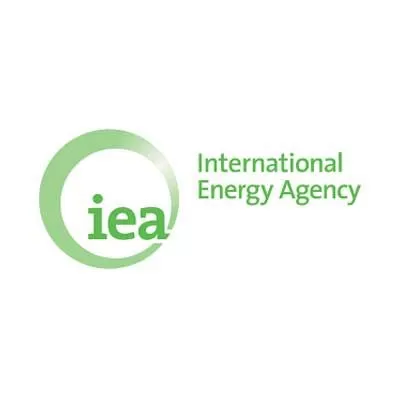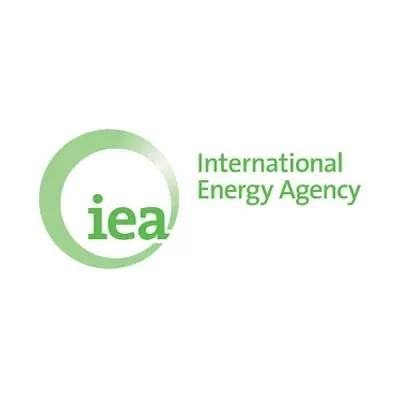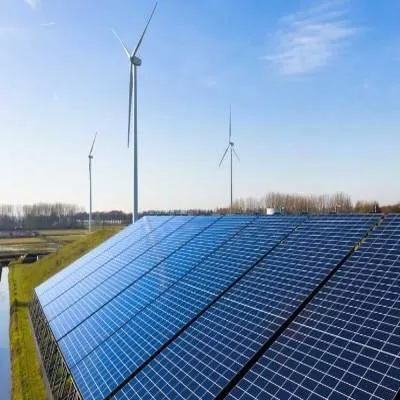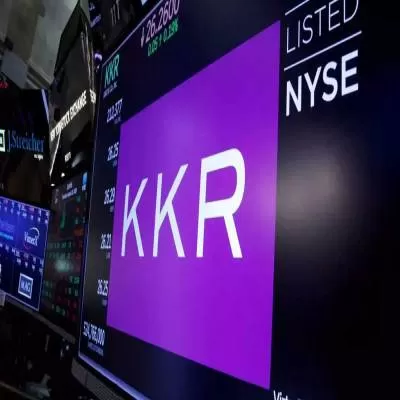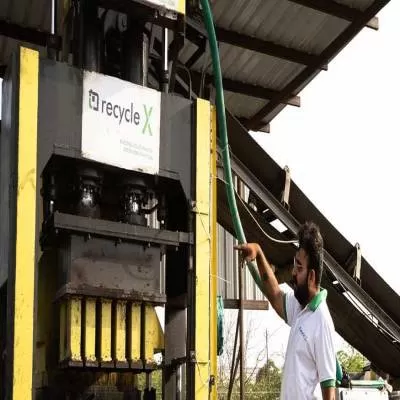- Home
- Infrastructure Urban
- ECONOMY & POLICY
- Methane Emissions Remain Near Record Levels: IEA
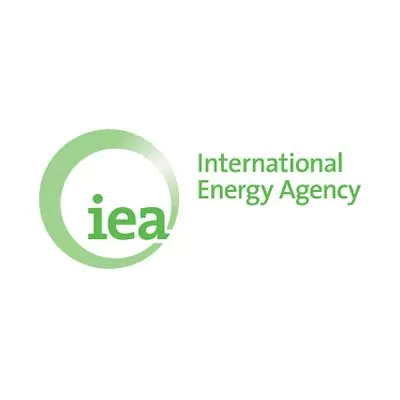
Methane Emissions Remain Near Record Levels: IEA
The IEA's findings highlight the pressing need for enhanced regulatory measures, technological innovation, and industry collaboration to curb methane emissions effectively. Without decisive action, methane emissions are poised to exacerbate the climate crisis and hinder progress towards achieving global climate targets.
The persistence of high methane emissions underscores the critical role of the energy sector in mitigating greenhouse gas emissions. Urgent action is required to identify and implement strategies to reduce methane emissions across various sources, including fossil fuel production, agriculture, and waste management.
Furthermore, the IEA's report serves as a wake-up call for policymakers, businesses, and stakeholders worldwide to prioritise methane mitigation efforts as part of broader climate action initiatives. Addressing methane emissions not only helps mitigate climate change but also delivers co-benefits such as improving air quality and public health.
Overall, the IEA's warning about near-record methane emissions reinforces the imperative for immediate and concerted action to tackle this pressing environmental challenge. Collaboration between governments, industries, and civil society is essential to implement effective methane reduction measures and transition towards a more sustainable and resilient energy future.
According to the International Energy Agency (IEA), methane emissions persisted at nearly record levels, amounting to approximately 130 million tonnes in 2023. This alarming trend underscores the urgent need for concerted efforts to address methane emissions, given their significant contribution to global warming and climate change. The IEA's findings highlight the pressing need for enhanced regulatory measures, technological innovation, and industry collaboration to curb methane emissions effectively. Without decisive action, methane emissions are poised to exacerbate the climate crisis and hinder progress towards achieving global climate targets. The persistence of high methane emissions underscores the critical role of the energy sector in mitigating greenhouse gas emissions. Urgent action is required to identify and implement strategies to reduce methane emissions across various sources, including fossil fuel production, agriculture, and waste management. Furthermore, the IEA's report serves as a wake-up call for policymakers, businesses, and stakeholders worldwide to prioritise methane mitigation efforts as part of broader climate action initiatives. Addressing methane emissions not only helps mitigate climate change but also delivers co-benefits such as improving air quality and public health. Overall, the IEA's warning about near-record methane emissions reinforces the imperative for immediate and concerted action to tackle this pressing environmental challenge. Collaboration between governments, industries, and civil society is essential to implement effective methane reduction measures and transition towards a more sustainable and resilient energy future.


